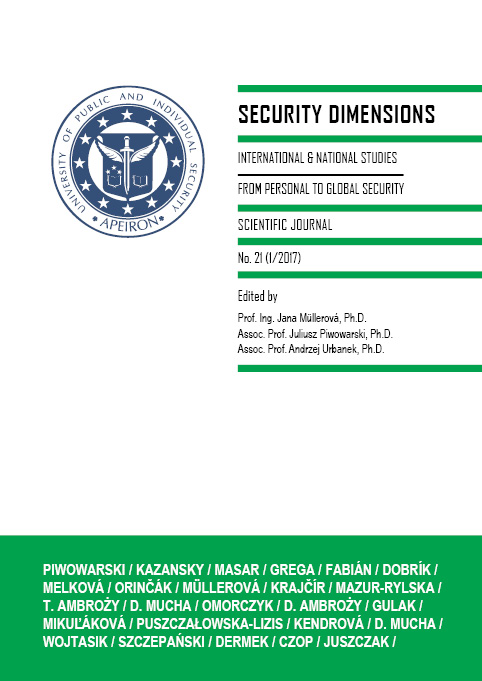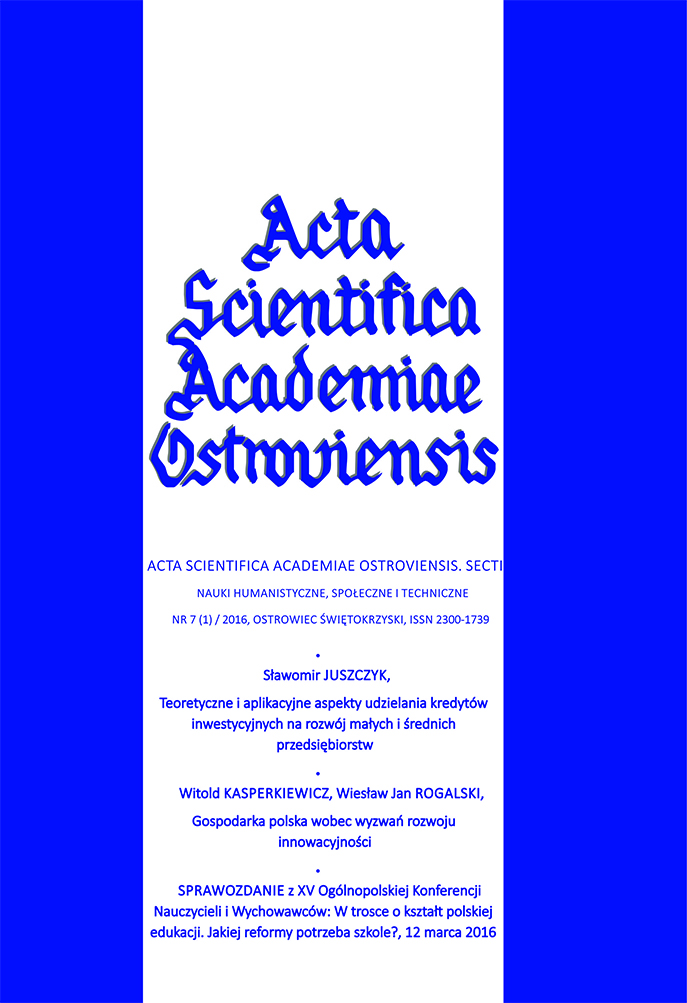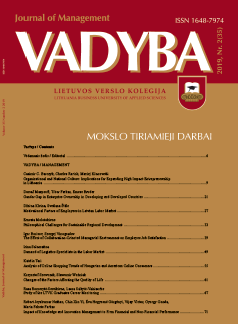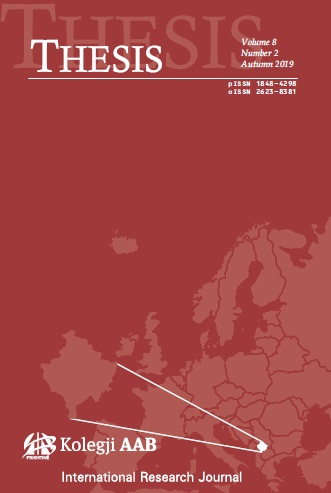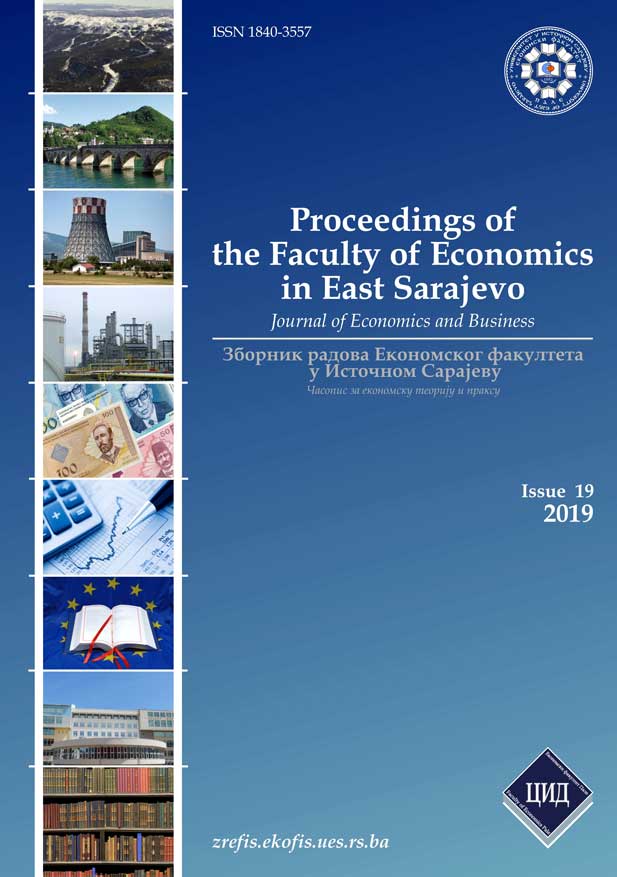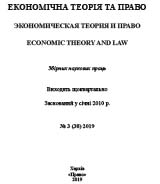Author(s): Irina Solomatina / Language(s): English
Issue: 2/2019
The article analyses the demand for logistics specialists in the labor market in Lithuania. Detailed analysis of the logistics term was performed, the main and auxiliary logistics activities were distinguished, and a generalized term of the logistics specialist was formulated. Possible classification of logistics professionals was provided, indicating the boundaries of operations and responsibilities in the supply chain. Quantitative study of the need for logistics specialists in the labor market was performed. Noted that there is scientifically and practically incorrect grouping of professions, without taking into account the specifics of logistic activity. Noted, that profession of logistics specialist is in high demand in the labor market. The geographical location of the Lithuania, investments in transport infrastructure, positive transport and tax policy, globalization processes will increase the demand for logistics specialists in the labor market in the future. Qualitative research method was used to analyze the main requirements for logistics professionals by systematizing the content of job advertisements for logistics specialists and conducting an oral survey of logistics professionals. The main requirements for logistics specialists in the labor market were observed. Specified high education in logistics, management or transport engineering, computer software skills, verbal and written foreign language skills (mainly English and Russian, third language proficiency is considered as advantage) communication / communication culture, analytical thinking, quick decision making (quick orientation), goal seeking, teamwork skills, ability to solve complex problems, excellent negotiation skills, organizational skills, autonomy skills, ability to prioritize, result orientation, activeness, initiative, motivation, conflict management experience / knowledge, flexibility, positive attitude. Requirements for special knowledge and skills are directly dependent on the particularities of the logistics specialist's work.
More...
